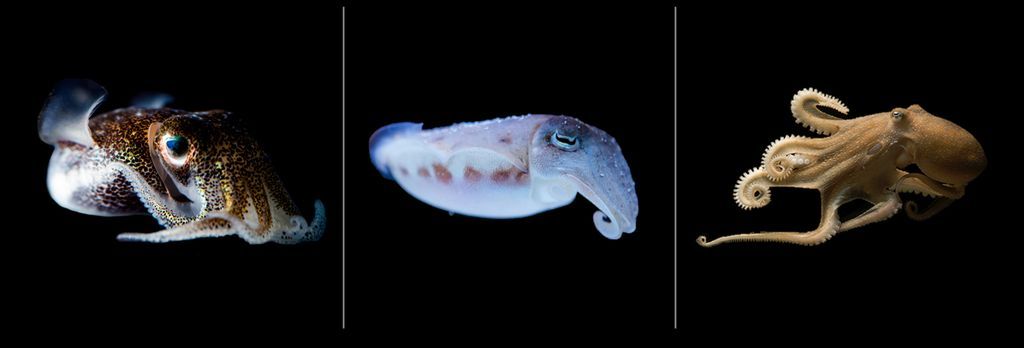Mandë Holford, a professor in the Chemistry and Biochemistry departments at Hunter College and The City University of New York Graduate Center (CUNY Graduate Center), has won a National Institutes of Health Common Fund Pioneer Award for her trailblazing research exploring the therapeutic opportunities and properties of venoms from cephalopods and other marine mollusks. Holford received one of eight Pioneer Awards granted in 2023, which will total more than $47.7 million over five years.
This is the first time a CUNY faculty member has received the NIH Director’s Pioneer Award. It will provide $5.5 million over five years to conduct research and to fund postdoctoral, graduate, and undergraduate student researchers in Holford’s laboratories.
“The NIH Pioneer Award provides resources that will allow my team to go where science takes us and ask really bold questions,” Holford said. “Studying the evolutionary genetics of venom development in cephalopods such as squids, cuttle fish, and octopuses opens the door to discoveries that can have transformative effects on fundamental science and disease research by enabling drug discoveries that broadly bolster the NIH’s mission of enhancing human health.”
Established in 2004, the Pioneer Award enables investigators to pursue high-risk, high-reward research leading to breakthroughs in biomedical or behavioral science. Holford and her team will use the funds to pursue a new direction for venom research that could benefit developmental cellular and molecular biology, as well as drug discovery and development. Their study of cephalopods will provide the tools and models for tackling biological and translational questions about venoms in living organisms.
Venom production is a complex trait that has evolved in more than 200,000 creatures representing some 15% to 30% of animals. Thus, studying its evolution has broad applications for science, including understanding the development of similar tissues, the origins of novel genes, and the molecular mechanisms behind the regulation and expression of bioactive compounds.

Left to right: E. berryi (hummingbird bobtail squid), S. bandensis (dwarf cuttlefish), and O. bimaculoides (California two spot octopus). Photo Credit: Bret Grasse
But the most exciting applications for venoms may be in medicine. Venom-derived therapeutics now treat a number of conditions, including diabetes, heart disease, and pain, but the full potential of venom for medicine and biology remains untapped.
“We have just scratched the surface of venom research,” said Holford, whose group was the first to identify the utility of terebrid mollusk venom peptides in mitigating pain and suppressing tumors. “We need model systems to revolutionize the study of venom gland biology so that we can radically transform how we generate, manipulate, and use venom arsenals.”


